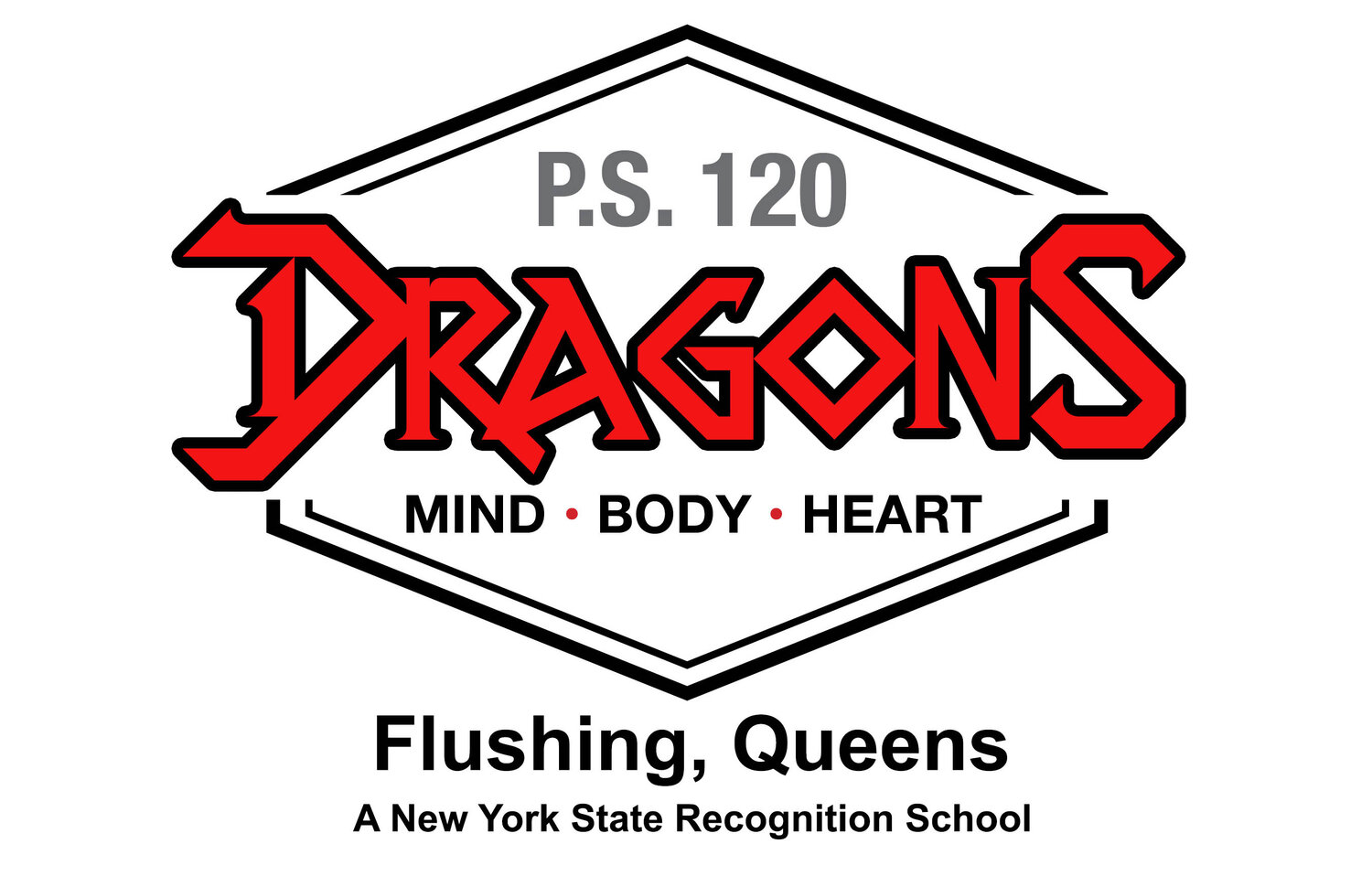Head Lice Policy and Management Program
Head lice occurs commonly among school-age children. Head lice are not a sign of poor hygiene and anyone can get them. Lice do not transmit infections and do not endanger a person’s health.
Head lice (Pediculosis) pass from person to person by direct contact or by sharing clothing with lice on them. Head lice are uncomfortable, cause itching commonly at the back of the head and neck or behind the ears.
Early detection and treatment of head lice can prevent further infestation in both individual classrooms and throughout the school. There is an abundant amount of information online regarding treatment options and prevention. Effective creams and shampoos are available over the counter or by prescription from your doctor. In addition, there are many private companies who specialize inhead lice consultation, treatment and prevention strategies.
New York City schools have a “no head lice” policy which means that any student who has lice in their hair or scalp is not allowed to attend school until they have received treatment. Following treatment, a child will be allowed back in school only if the parent provides the school with written verification that his/her hair is free of lice upon re-inspection by a healthcare provider, or head lice specialist.
“No Head Lice” policies are supported by national organizations such as American Academy of Pediatrics, American Public Health Association and the National Association of School Nurses. Similar policies have been adopted successfully by school systems throughout the country. http://schools.nyc.gov/offices/health/pediculosis/default.htm, will provide you with more information on the DOE head lice policy and recommendations. If you have any further questions, please consult your healthcare provider/pediatrician.
We recommend that you remind your child not to share personal items such as brushes, combs or hats with other students to ensure that every PS120 classroom is a healthy learning environment.

